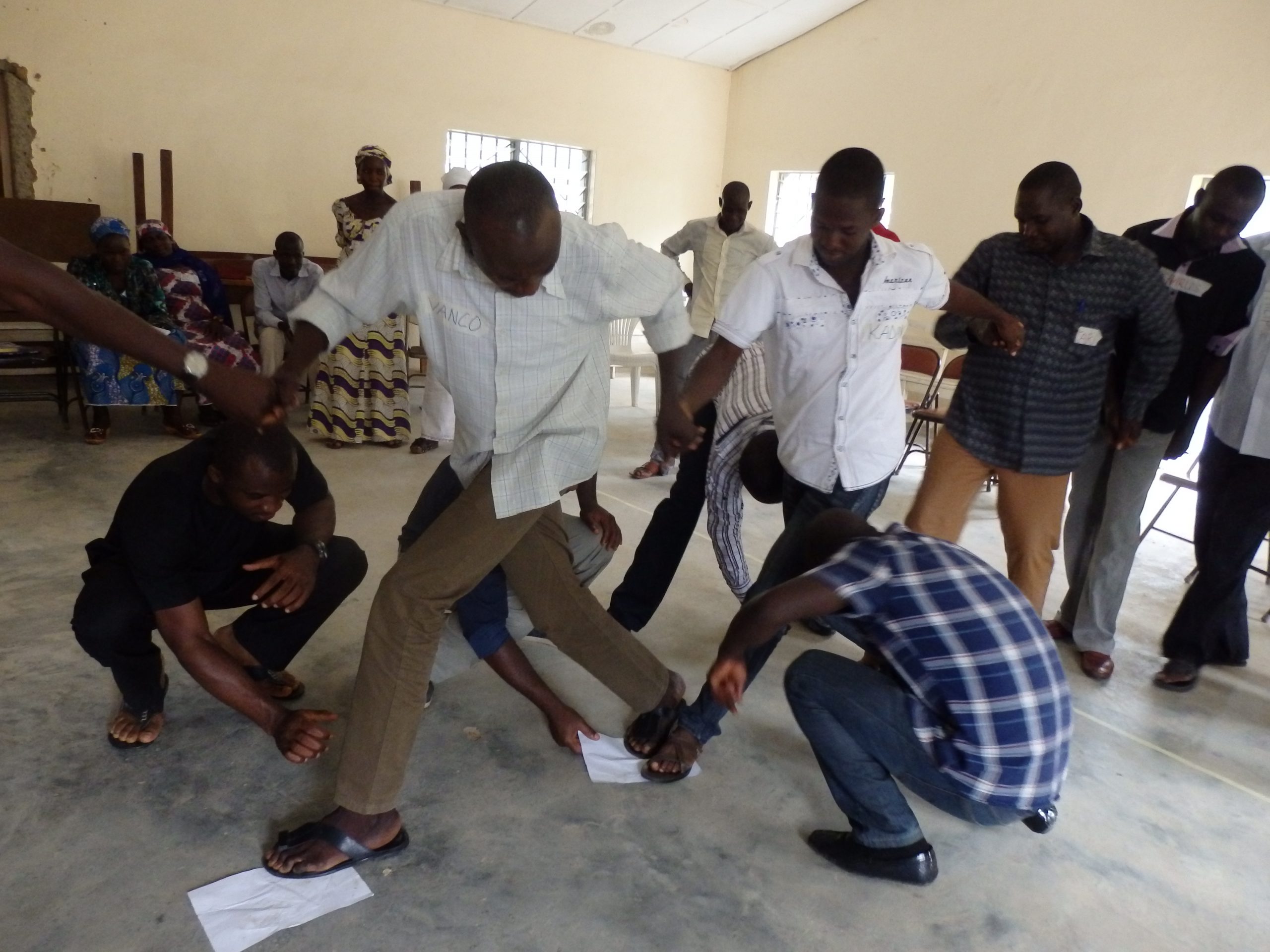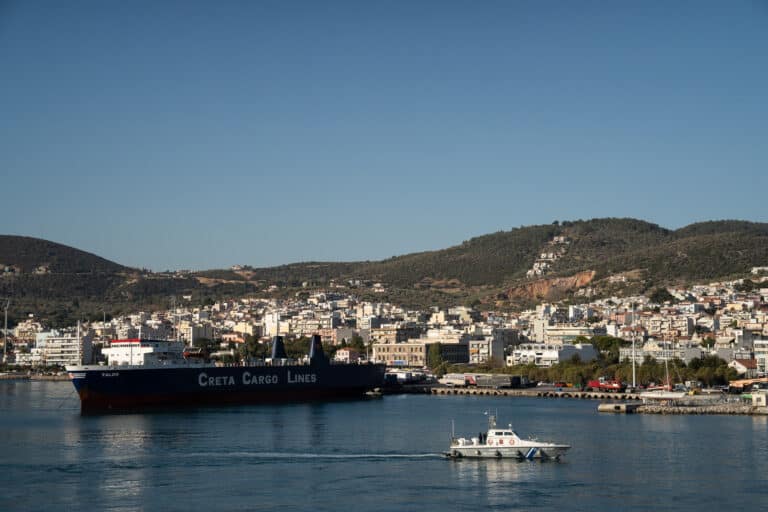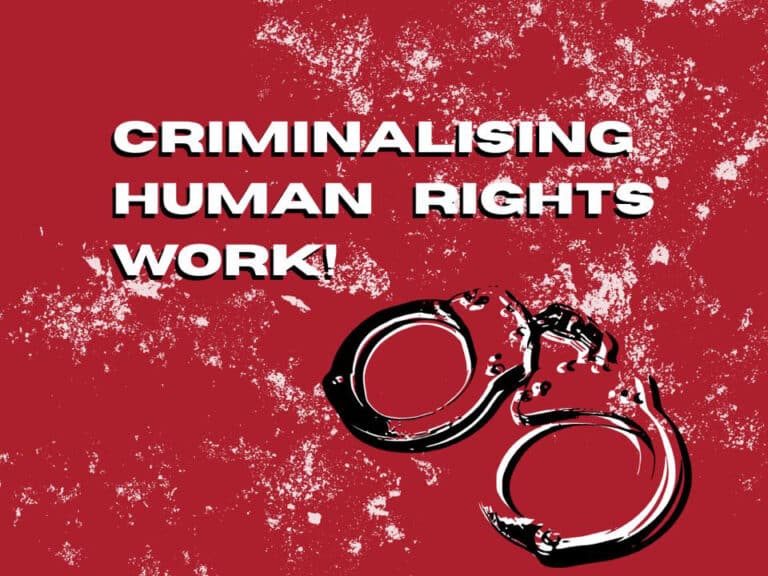CPTnet
23 May 2015
NIGERIA: The Courage to Heal and Forgive
By Peggy Faw Gish
[Note: CPTer Peggy Gish has been working on a crisis team
for the Church of the Brethren in Nigeria. This piece has been adapted
for CPTnet. The original is available on
her website.]
 One by one, around the circle, participants held up their
One by one, around the circle, participants held up their
drawings, charting their life’s journeys. Doris shared about running into
the mountains to escape Boko Haram fighters, after Boko Haram killed her older
brother, uncle, and several friends. Ibrahim told about the militants arresting
him and shooting at him as he ran into the bush to escape. Elizabeth spoke
about her grief that her husband and three children are still missing, and
presumed dead.
Set in a beautiful rural retreat center, outside Jos,
Nigeria, twenty-eight men and women came together for six-day advanced training
in trauma healing, sponsored by EYN (Nigerian Church of the Brethren) and MCC
(Mennonite Central Committee) in Nigeria. Peter Serete, assistant program
coordinator of the Friends Church Peace Team of the African Great Lakes
Initiative in Kenya was the head trainer. Each participant had already
experienced a basic workshop and was receiving training to become “healing
companions” to others. Out of this group, fifteen will be chosen to become a
trainer and spread what they have learned more widely to trauma victims.
This workshop strengthened participants’ ability to offer
compassionate and healing listening and to provide safety for others to share
their pain and start their healing journey. The group looked at the role their
faith plays in their healing journey and discussed constructive ways to deal
with the negative emotions that trauma generates. Sessions were preparing them
to return to their home areas and help Christian and Muslim neighbors deal with
their suspicions and fear and work for reconciliation. They noted how the
trauma they experienced, if not recognized and dealt with well, can lead them
and others to continue the cycle of violence in their nation and communities.
Sprinkled throughout the workshop were games and activities
that illustrated some of the lessons and helped build community among them. In
two lines, men and women held hands and tried to cross the “river” marked out
with masking tape on the floor. Four papers on the floor represented rocks to
step on as they cross. The only rule was that there must always be the feet of
two people on each rock at any one time. Trainers snatched the “stones” away if
there was only one. After each team found ways to have all in their line cross,
they reflected on this trust-building activity. They saw it as symbolic of the
healing journey, the need for each member of the team to work and plan
together, and the need for stronger members to help the weaker, in order for
the team to make it.
Tears flowed as many shared about a hurt or wrong done to
them that they are struggling to forgive. When they read in the New Testament
the call to love their enemies and to forgive, they take it very seriously. “It
is not easy to forgive Boko Haram and those in my community who destroyed my
home and stole my cattle,” one said. “But we must, and it is only by the grace
of God that we can do it. And it can free us.” Another said, “My father’s
friend killed our father; I was thinking of revenge. But now I am convinced to
go and forgive him.”
For the trainers, this work is not just an abstract
assignment. Each of them had also experienced trauma, and many of them had been
displaced, so they were also on their own paths to healing. “Being able to
teach and encourage others, has also accelerated my own healing,” Dlama Kagula,
told me. This accounted for the compassion and understanding the leaders
demonstrated throughout the sessions. Clearly God is at work among these who
have been wounded, who are taking steps to open their lives to healing, and who
want to help others find what they have been given.



